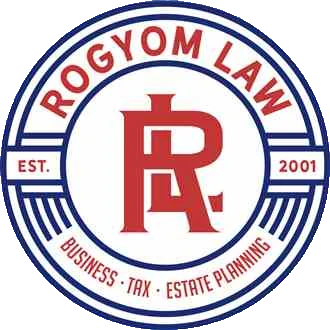The 2010 Pennsylvania Tax Amnesty officially ended June 18, 2010. If you missed the deadline you may still be able to negotiate payments and reduce your penalties for past due taxes. For instance, you may be able to use a Voluntary Disclosure Agreement. Please contact my office for more information.
Pennsylvania has joined the parade of states that decided to use a tax amnesty for an immediate boost to their state’s revenue. The Pennsylvania tax amnesty begins on April 26, 2010 and ends June 18, 2010. Included in the taxes eligible for amnesty are the corporate income tax, the individual income tax, and the sales and use taxes. This can be an excellent opportunity for businesses and individuals located outside the state to become compliant with Pennsylvania.
The Pennsylvania tax amnesty relieves the taxpayer of all penalties and half the interest due… The tax amnesty is available for taxpayers who have not filed returns, who have under-reported their taxes due, and who have reported but not paid their taxes. In addition, this tax amnesty will have a similar effect of a voluntary disclosure program for certain taxpayers. If the taxpayer applies for amnesty to report and pay taxes that the state previously did not know were due, then unknown taxes of the “same type” due prior to July 1, 2004 will be forgiven. Thus, if a taxpayer reports and pays unreported or under-reported corporate taxes for the tax years 2006, 2007, and 2008, then all liabilities for corporate taxes that are not known to the state and due prior to July 1, 2004 will be waived. Some taxpayers should consider comparing the tax amnesty’s relief to that offered under the Pennsylvania Voluntary Disclosure Program, which, if available, may produce a better result for some.
To be considered eligible, the taxes must have been due prior to July 1, 2009. In addition, taxpayers with certain criminal tax issues are not eligible for the tax amnesty. The taxpayer must pay the entire amount due, including the tax and the half interest, during the tax amnesty period; however, there are certain options for payment. Pennsylvania will permit taxpayers to divide the amount into payments if a single payment will create a “serious financial hardship”.
To comply, all relative tax returns must be filed. In addition, a special tax amnesty application must be submitted to the state. Finally, following the tax amnesty, those taxpayers who utilized the tax amnesty must maintain certain compliance requirements with Pennsylvania for a minimum of two years. Taxpayers who do not utilize the amnesty will face an additional 5% penalty following the tax amnesty period.
If you or your company is interested in the Pennsylvania tax amnesty, you may also want to consider hiring a professional to assess your possible tax liabilities to other states as well. Most states offer ongoing voluntary disclosure programs that will allow you or your company to come into compliance without excessive penalties.
For further information, please contact Jeff Rogyom at (410)929-4578. Please review the Disclaimer page regarding use of this website and its information.

